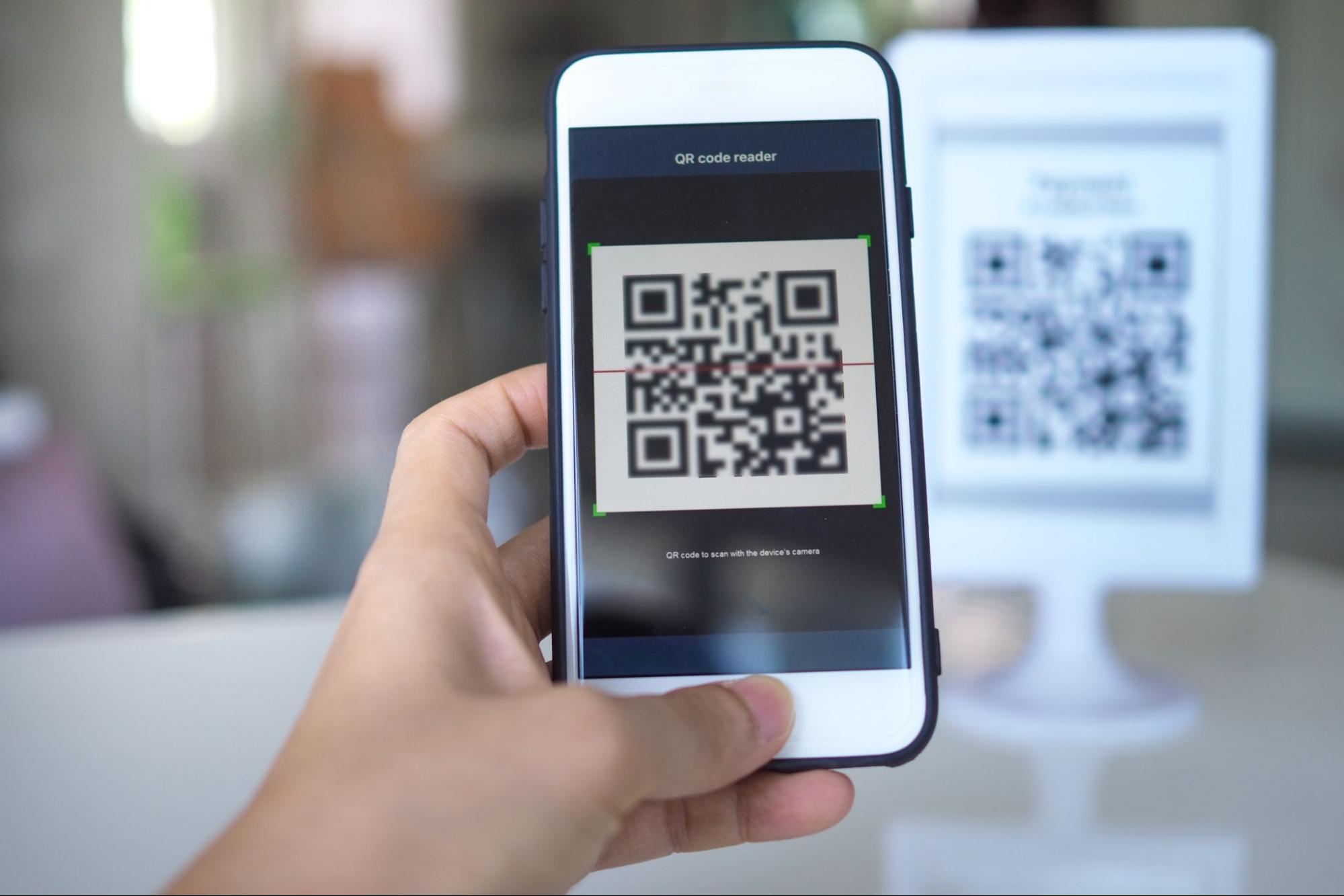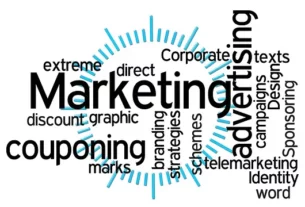In the fast-paced world of event planning, organizers are constantly seeking innovative ways to streamline their processes, enhance the guest experience, and make events more memorable. QR codes, or Quick Response codes, have emerged as a versatile tool that can be seamlessly integrated into the event planning process, offering a multitude of benefits for both planners and attendees.
What are QR Codes and How do They Work?
QR codes are two-dimensional barcodes that can be scanned by smartphones and other devices to access information online. Unlike traditional barcodes that can only store a limited amount of data, QR codes can encode a variety of information, including URLs, text messages, phone numbers, and even location coordinates. This makes them a versatile tool for a wide range of applications in event planning.
How can QR Codes Be Used in Event Planning?
QR codes offer a plethora of possibilities for event planners to enhance various aspects of event management, including:
- Invitations and Registration: QR codes can be embedded in invitations to direct guests to a registration page or provide them with instant access to event details.
- Ticketing and Access Control: QR codes can be used to generate digital tickets, streamline the check-in process, and manage access to event areas.
- Venue Information and Navigation: QR codes can be strategically placed throughout the venue to provide guests with maps, directions, and information about amenities.
- Interactive Experiences and Engagement: QR codes can trigger augmented reality (AR) experiences, link to interactive games or polls, and encourage social media sharing.
- Feedback and Surveys: QR codes can be used to collect feedback from guests, allowing planners to gather insights and improve future events.
Benefits of Using QR Codes for Event Planning
QR codes offer numerous advantages for event planners, including:
- Enhanced Efficiency and Cost-Effectiveness: QR codes can streamline various event processes, reducing the need for physical materials and manual tasks.
- Improved Guest Experience and Convenience: QR codes provide guests with easy access to information and interactive experiences, enhancing their overall event experience.
- Increased Engagement and Participation: QR codes can encourage guests to participate in activities, share their experiences, and provide feedback, fostering a more engaging event atmosphere.
- Measurable Results and Data Collection: QR codes can be tracked to gather valuable data on guest behavior, preferences, and engagement levels.
- Sustainability and Environmental Impact Reduction: QR codes can reduce the need for paper materials, promoting eco-friendly event practices.
Tips for Using QR Codes Effectively in Event Planning
To maximize the effectiveness of QR codes in event planning, consider these tips:
- Strategic Placement and Clear Call-to-Action: Place QR codes in visible and accessible locations, providing clear instructions and context for each code.
- Testing and Verification: Thoroughly test all QR codes to ensure they work correctly and link to the intended content.
- Integration with Event Management Software: Integrate QR codes with event management software for seamless data collection and analysis.
- Promote QR Code Usage: Educate guests about QR codes and encourage them to use them throughout the event.
- Monitor and Analyze Data: Regularly monitor QR code usage data to identify trends, refine strategies, and measure the effectiveness of QR code implementation.
Conclusion
QR codes have revolutionized the way event planners manage events and enhance the guest experience. By incorporating QR codes into their planning strategies, event organizers can streamline processes, gather valuable data, and create more memorable and engaging events for all attendees. As QR code technology continues to evolve, we can expect even more innovative applications in the event planning industry.




